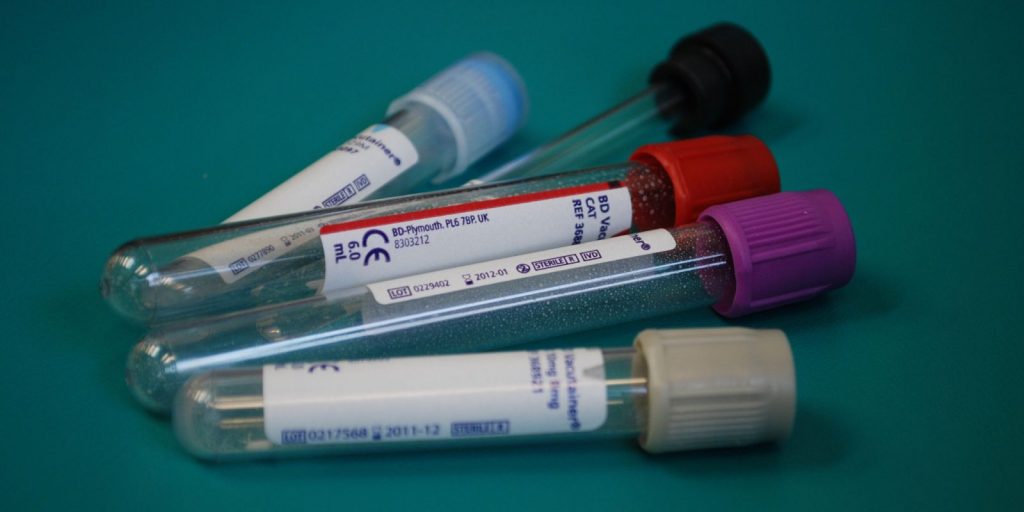
Diagnosis
Prenatal testing.
In many countries, screening for genetic conditions, including Down syndrome, is offered to pregnant women. This is called prenatal testing.
Ultrasound scans can show signs that a baby has an increased chance of having Down syndrome.
Certain blood tests can also detect if a baby is more likely to have Down syndrome.
Neither of these tests can confirm a diagnosis. These tests can only provide you with information about the likelihood of the baby having Down syndrome.


To confirm a diagnosis, tests that take samples of foetal tissue or fluid from the baby can be carried out.
It is your choice whether or not to take the tests.
In many countries health professionals have received training to help women to make informed decisions that feel right for them.
Diagnosing after birth.
After birth, an initial diagnosis of Down syndrome is often based on physical features associated with Down syndrome.
But these features can also be found in babies without Down syndrome.
A chromosomal karyotype test is used to confirm the diagnosis.


A chromosomal karyotype test uses a sample of blood to examine the child’s chromosomes.
Chromosomes are “packages” of genes in the body. They determine how a baby’s body forms and functions as it grows.
If there is an extra chromosome 21 in all or some cells, the diagnosis is Down syndrome.
Explaining the diagnosis.
In some countries health professionals have received training on how to deliver and explain a Down syndrome diagnosis.
Receiving news about a diagnosis can be overwhelming and families often cope with a range of emotions during that time.
If you are delivering a diagnosis of Down syndrome, please also give the family contact details for our network member in your country. You can find contact details here.


Our members can talk to the family about what life is like for people with Down syndrome in your country, and about the support and services available.
They can also connect the family with other families who have a child with Down syndrome, if they would like to do this.
Our members promise to always give honest and unbiased information.